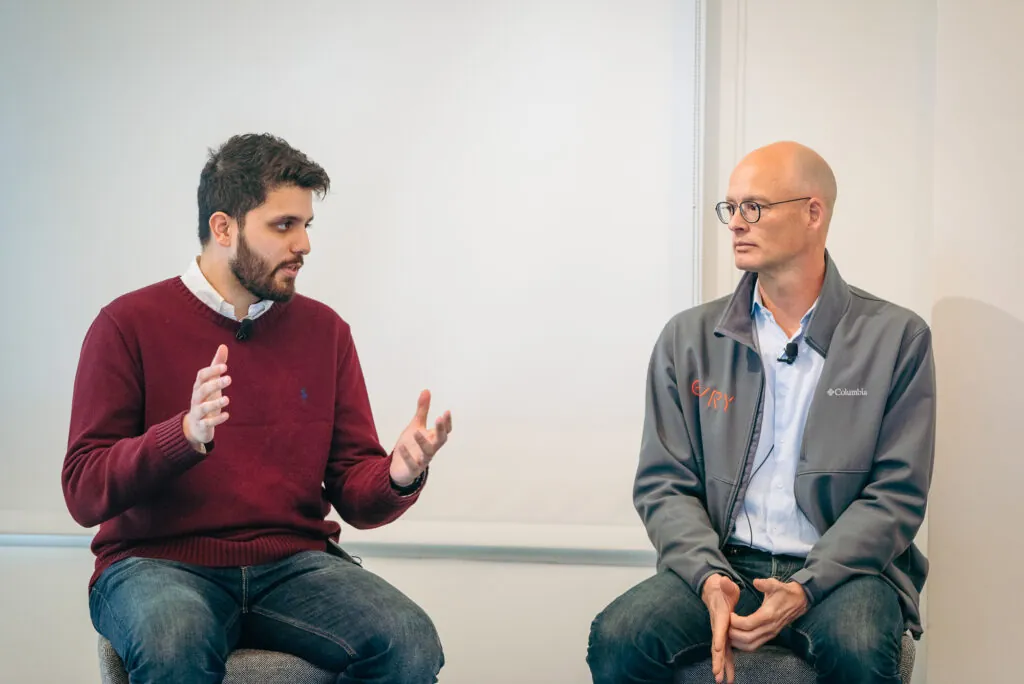Virtual enterprise-focused behavioral health startup Pelago has raised a $58 million Series C round. This comes as digital health investors seek out more proven companies and employers muddle through behavioral health point solution fatigue.
The San Francisco-based company has raised a total of $151.6 million in funding with the new round, according to historical data from Crunchbase. The new capital will help Pelago speed up product development and expand its clinical capabilities as employers and other enterprises seek substance use disorder-specific (SUD) services.
CEO Yusuf Sherwani declined to detail new services and products in the pipeline in an interview with Behavioral Health Business. He did say the company will focus its efforts and new funding on its “north star” of delivering improved care outcomes and health savings for customers.
“Because of the point solution fatigue, we’ve had to really concentrate on depth — across the continuum of care from prevention to treatment — on depth — across multiple different conditions — and doing it on a national scale,” Sherwani said. “If you can take those boxes and there’s a business case because of rising costs, then despite what you hear, which remains true, there is still an appetite to purchase solutions that can solve the problem.”
Atomico, a venture capital firm based in London, led the round. Atomico also co-led Pelago’s Series B round in 2021 with Stockholm-based investment firm Kinnevik AB, which also joined the Series C round. Other investors included GreyMatter, Octopus Ventures, Y Combinator and Eight Roads. Atomico Partner Laura Connell will join the Pelago board.
Despite the glut of B2B-focused startups and years-long point solution fatigue in the space, Sherwani said the Series C “was actually an easier fundraise than anticipated.”
“I was concerned because [digital] health care is in the valley of despair,” Sherwani said. “Not many rounds are big ones now.”
The underlying issues beleaguering B2B behavioral health that Sherwani articulated reflect those made by others in the space. Even payers with health care services enterprises, such as The Cigna Group’s (NYSE: CI) Evernorth, see frustration with the many options that seem to focus too specifically on certain types of care, don’t have proven track records or are too hard for an enterprise to get employees to use.
“[SUD] needs aren’t really solved by mental health solutions or EAPs: so there’s a gap in their behavioral health portfolios,” Sherwani said, adding that this was a need recognized by the round’s investors.
Despite the challenges, Pelago has tracked a 500% increase in SUD-focused requests for proposals from payers and employers in the past year. So far, the company has contracts that cover 3.4 million lives. For example, some of its clients include MetLife, Phillips and GE Appliances.
The company has differentiated itself from other behavioral health business-to-business-focused companies with a 100% at-risk fee model. Pelago’s internal research shows that its SUD management platform reduced annual medical claims by about $9,400, largely due to lower medical costs and some lower behavioral health costs. These savings amount to a three-times return on investment, according to a news release.
Sherwani points to this type of proving-the-case data work as another winner with investors. While it has been a major cost for the company, Pelago’s investments in data analysis have dramatically improved retention rates and helped make the case that Pelago was a good bet for investors.
“When you’re speaking with investors, typically two things matter: being able to tell a good story for the evolution of a category, continue growth in the category and the company’s position … and there needs to be good fundamentals in place.” Sherwani said. “We’re actually saving money here and we’ve been able to prove that. There was certainly a point in time where you didn’t need that second piece as much as you needed the first piece.”



